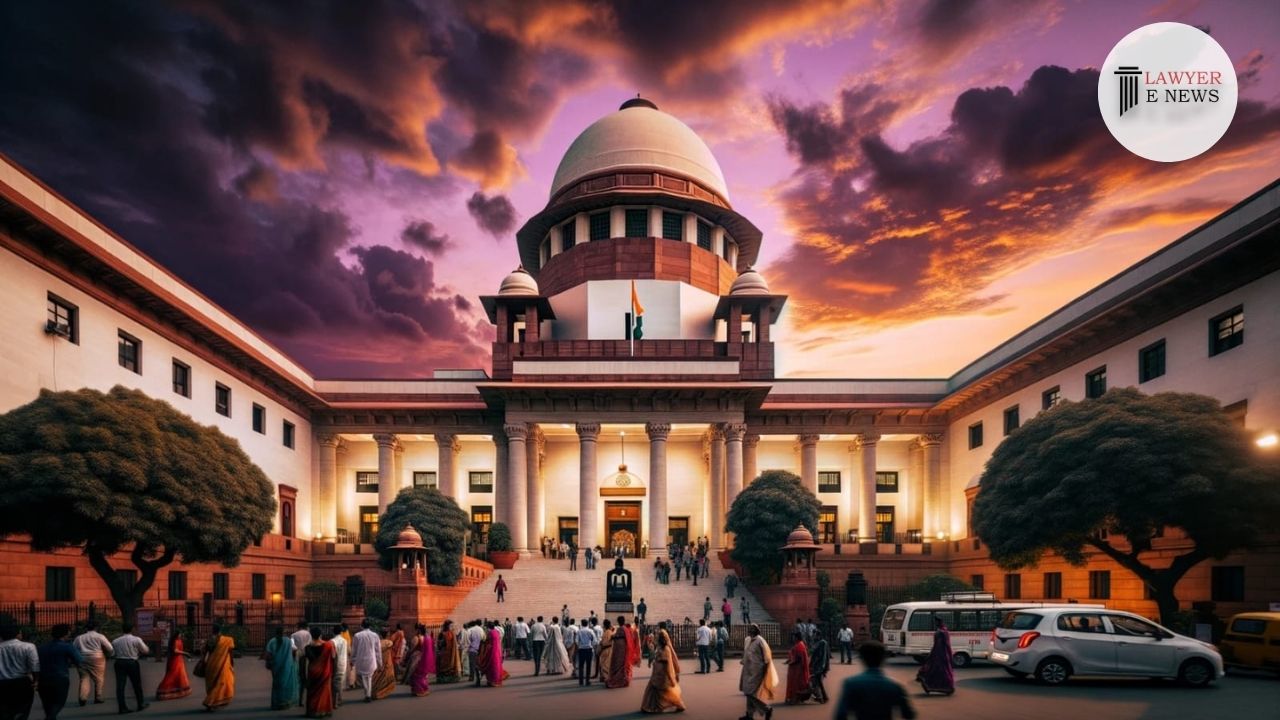-
by sayum
14 February 2026 2:22 PM



Apex Court directs High Court to decide the appeal on merits, emphasizing minimal judicial interference in arbitral proceedings.
The Supreme Court of India, in a notable judgment delivered on July 8, 2024, set aside the Bombay High Court’s order remanding an arbitral award case back to the Single Judge. The Apex Court highlighted the necessity for efficiency in arbitral proceedings and underscored that the High Court’s remand was unwarranted given the detailed findings by the Single Judge. The judgment was delivered by a bench comprising Justices Abhay S. Oka and Pankaj Mithal.
The case involved a lease agreement executed by the Maharashtra Housing and Area Development Authority (MHADA) with Andheri Kamgar Nagar Co-operative Housing Society Limited, a society of slum dwellers, on March 31, 1993. The Society appointed M/s. Aurora Properties and Investments to implement a slum rehabilitation scheme but the developer failed to discharge its obligations. The dispute went to arbitration, resulting in an award largely in favor of the respondent, Samir Narain Bhojwani. The award was subsequently challenged under Section 34 of the Arbitration Act, leading to a decision by the Bombay High Court’s Single Judge to set aside the award on various grounds, including patent illegality.
The Supreme Court emphasized the importance of efficiency in arbitral proceedings, noting the legislative intent to minimize judicial interference and streamline the arbitration process. The Court criticized the remand order by the Division Bench of the High Court, stating that the Single Judge had already provided detailed reasons addressing all relevant issues.
The Court discussed the limited jurisdiction of appellate courts under Section 37 of the Arbitration Act, comparing it to the jurisdiction under Section 34. The bench noted that while appellate courts can remand cases in exceptional circumstances, this power should be exercised conservatively to uphold the efficiency of the arbitral process. "The remand in this case was completely unwarranted," the Court remarked, emphasizing that the Division Bench should have decided the appeal on its merits based on the detailed findings of the Single Judge.
The Supreme Court reiterated that arbitration is intended to be an expeditious and cost-effective alternative to traditional litigation. The Court highlighted that the Arbitration Act provides a framework that limits judicial intervention to ensure swift resolution of disputes. The judgment stressed that appellate courts must respect the findings of the Single Judge unless there are compelling reasons to interfere.
Justice Abhay S. Oka noted, "The remand in this case was completely unwarranted. The job of the Appellate Court was to scrutinize the findings and decide on merits." The Court further observed, "Efficiency in arbitral proceedings is paramount, and the judiciary must ensure that arbitration remains an effective alternative to litigation".
The Supreme Court’s decision to set aside the High Court’s remand order reinforces the judiciary’s commitment to maintaining the efficiency and integrity of the arbitral process. By directing the Division Bench to decide the appeal on its merits, the judgment underscores the importance of minimizing unnecessary judicial interference in arbitration. This landmark ruling is expected to have a significant impact on future arbitral proceedings, ensuring that arbitration remains a swift and effective mechanism for dispute resolution.
Date of Decision: July 8, 2024
Bombay Slum Redevelopment Corporation Private Limited vs. Samir Narain Bhojwani
